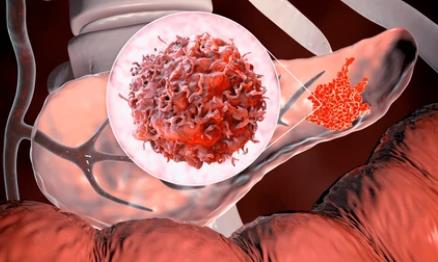The research team led by Lin Dongxin, Zheng Jian, and Wang Liqin from the Cancer Prevention and Treatment Center of Sun Yat-sen University and the National Key Laboratory of Malignant Tumor Prevention and Treatment in South China published a research paper titled “QDPR deficiency drives immune suppression in pancreatic cancer” in the Cell Metabolism journal. This study found that in pancreatic ductal adenocarcinoma (PDAC), quinone dihydropterin reductase (QDPR) deficiency…
cancer
FOXO1- Key Protein That Can Control the Lifespan of Car-T Cells
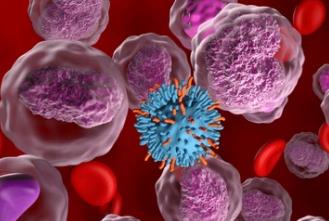
Nowadays, CAR-T cell therapy has completely changed the treatment of certain types of cancer. The longer these CAR-T cells survive in the patient’s body, the more effective their response to cancer becomes. Recently, a research report titled “FOXO1 is a master regulator of memory programming in CAR T cells” was published in the journal Nature. Scientists from institutions such as Stanford University School of Medicine found through their research…
A New Mechanism Linking Poor Diet with Increased Cancer Risk

In a recent study, the research team of the National University of Singapore and the Singapore Science and Technology Research Bureau has made groundbreaking progress. These new findings reveal the relationship between cancer risk and poor eating habits and clarify the causal chain between common diseases such as diabetes induced by poor diet and the increased risk of cancer. The breakthrough results of this study are expected to provide strong…
MRE11 Releases cGAS from Nucleosome Blockade to Prevent Cancer Development
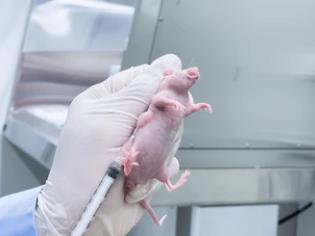
Every time cancer cells divide, they cause damage to their own DNA molecules. For a long time, scientists including Gao á v Gupta Bo, associate professor of radiation oncology at the University of North Carolina School of Medicine in the United States, have been curious about how cancer can evade detection by the body’s own defense system, despite the immune system constantly monitoring cells for DNA damage. In a…
The combination of PD1-IL2v and anti-PD-L1 can destroy the resistance of cancer to immunotherapy
Immunotherapy is a method of treating cancer by reprogramming the immune system of patients to attack their tumors. This cutting-edge treatment has had a significant impact on the treatment of cancer patients, and there have been cases of long-term remission. However, many patients either do not respond to immunotherapy, or even if they do, the effect is temporary, which highlights how important it is for us to better understand…
New Drug Targets That Are Expected to Treat Malignant Cancer Discovered
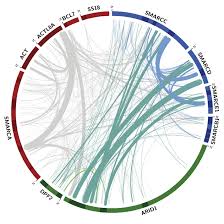
Recently, scientists from the Dana-Farber Cancer Institute have discovered new drug targets for two malignant cancers. It is expected to develop new therapies for the treatment of synovial sarcoma and malignant rods-shaped tumors. Related research result was published in the Nature Cell Biology. The researchers say that these two cancers depend on a new molecular called ncBAF, which plays a key role in regulating gene activity, consisting of multiple specific…
Cancer Res: Cancer Stem Cells May Use Normal Genes to “Do Evil”
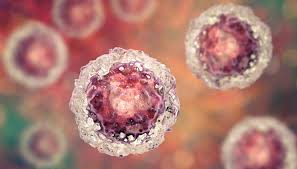
CDK1 is a normal protein that drives cells through the replication cycle, while MHC class 1 molecule is also a normal molecule that exhibits a small amount of protein on the cell surface for examination by the immune system; Recently, scientists from the University of Colorado Cancer Center found that a group of cancer cells labeled with MHC class 1 molecule and high levels of CDK1 are extremely unusual. In…
New Mechanism by Which Cancer Cells Inhibit Anti-tumor Immune Responses Revealed
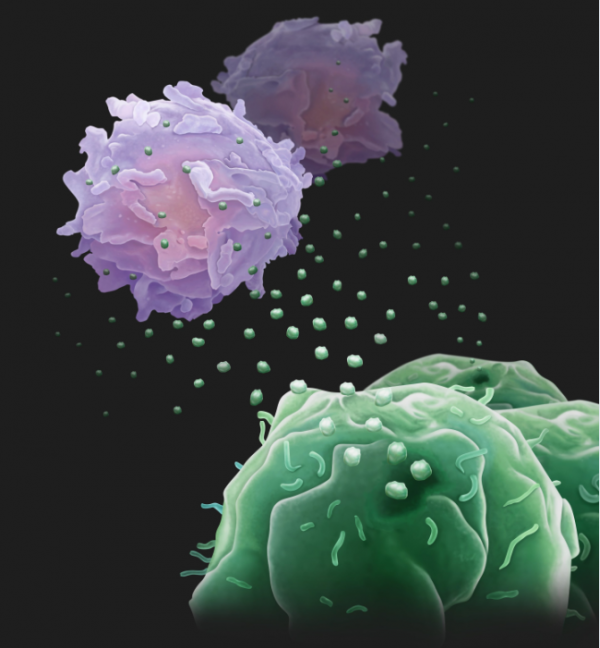
Cancer cells are not just a group of cells that are out of control; for their own survival, they actively participate in the struggle with the immune system. Being able to evade detection by the immune system is a feature of cancer. In a new study, researchers from the University of Pennsylvania found that cancer cells release biological “unmanned aerial vehicles” – small vesicles called exosomes that circulate in the…
The Latest Research Progress in Cancer Resistance (II)

(Continued) Scientific Reports: New Computational Approach to Identify Chemotherapy Targets (DOI: 10.1038/s41598-018-19284-3) One of the most important features of tumors is the methylation of deoxycytidine to form 5-methylcytosine (5mC). DNA methylation is the process by which a methyl group is added to a DNA molecule. It has been found that the occurrence and distribution of 5mC are important for gene regulation, and it can also serve…
The Latest Research Progress in Cancer Resistance (I)

Drug resistance is one of the main reasons leading to the failure of cancer treatment, which greatly limits the choice and use of cancer drugs, and breaking the hopes of the cancer patients again and again. The study of drug resistance in cancer is of utmost importance. It is imminent to explore the mechanism of cancer resistance and new methods to combat drug resistance. Insulin pathways can lead to…
